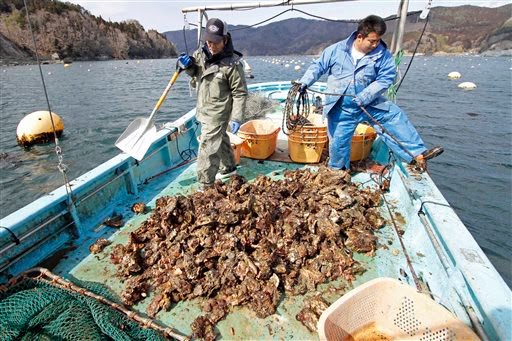Managing conflicts in sustainability of resources
Validating evidence in the scientific process
Managing conflicts in sustainability of resources
As seen previously, conservation efforts cannot succeed outside of a deep consideration of the balance between these efforts and the wider human context including local economies, human practices and beliefs, etc. For example, many products of wild animals that are becoming endangered such as rhinos, elephants and tigers are sought solely due to an often, if not always, unfounded but very strong belief that these animal products can heal disease or bring good fortune.
In the case of overfishing, harder questions come up that are often very difficult to compromise on. When humans rely on fish to survive, or when they rely on the income that the fish can bring, arguing for conservation and controls on fishing, or outright bans, is met with deadpan objection – understandably. This is doubly challenging when the negative impacts of their lifestyle or business can only be felt later in time, or elsewhere in the world altogether. A lack of immediate concern and connection to these downsides contributes to an unwillingness or ignorance towards sustainability and conservation.

These Japanese fishermen lost their livelihood following the 2011 tsunami. In extreme conditions and under high pressure, long term considerations, especially those of conserving biodiversity, are easily overlooked. Because the relationships between species across the planet are so complex, subtle and difficult to fully grasp, local people acting on local ecosystems do not feel particularly responsible for…
